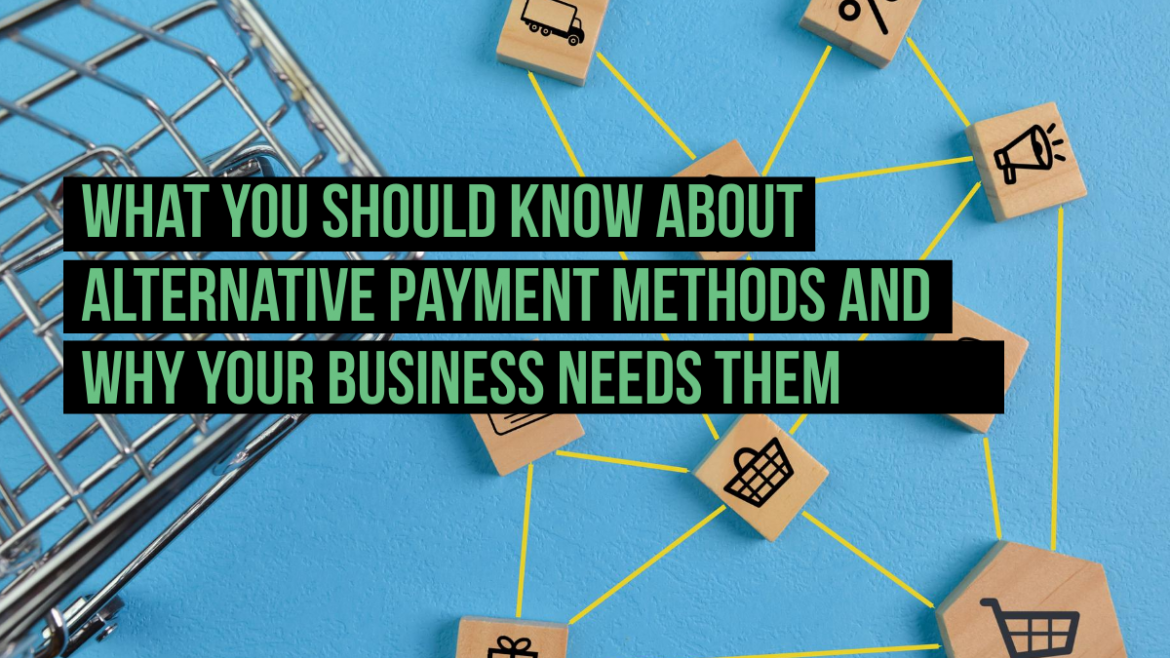Cashless payments are far from a new idea, but it took a global pandemic to bring them into the spotlight. With COVID-19 still raging throughout the world, the UN continues to recommend the switch to digital forms of payment. If you’re not sure what that means for you as a business owner, here’s a quick guide to alternative payment options.
What Are Alternative Payment Methods?
As the name implies, alternative payment methods (APMs) refer to forms of payment that don’t involve physical cash. The most popular options include direct debit, online banking, cryptocurrencies, digital wallets, mobile payments, and bank transfers.
By 2023, the U.S. should see a 45% increase in cashless methods of payment, which means businesses will have to adapt as well. As a business owner, the best way to meet those demands is to offer a variety of APMs during checkout. This will allow your business to grow both in locality and offerings.
With most alternative forms of payment, the business owner will need to pay a processing fee from the merchant service provider. The transaction tends to go through in a few seconds, and the simplicity of this process makes APMs a favorite with many customers.
Why Are Alternative Payment Methods Important?
The main advantage of APMs is that they tap into the latest consumer trends revolving around choice and convenience. If consumers need to choose between two stores that offer similar products, they tend to go with the store that provides a better user experience. By having different APMs at checkout, you’ll entice customers used to a certain type of payment.
APMs are also helpful for businesses that operate internationally. By learning more about local preferences, businesses can pre-empt the consumers’ demand for specific APMs.
Examples of Alternative Payment Methods
Now that you know why APMs are important, let’s go over them in more detail:
• Direct debit: Many subscription-based businesses favor direct debit options. This method provides a good way to allow for recurring payments while reducing your vulnerability to customer churn.
• Online banking: Online banking is simple enough: it refers to any bank-based payment method where you don’t have to enter your credit card information.
• Cryptocurrencies: You’re probably most familiar with Bitcoin, but there are over 2,000 cryptocurrencies out there. Most of them are volatile and difficult to use to make a transaction, but their viability as an APM is increasing each day.
• Digital wallets: Digital wallets are basically prepaid accounts that allow you to store money for future transactions. Popular digital wallets include PayPal, Neteller, and Paysafe.
• Mobile payments: These are payments you make using your phone and a service such as Apple Pay or Samsung Pay.
• Bank transfers: A bank transfer refers to a direct transfer of funds from a customer’s bank account to your business’s bank account. Bank transfers are also known as wire transfers.

